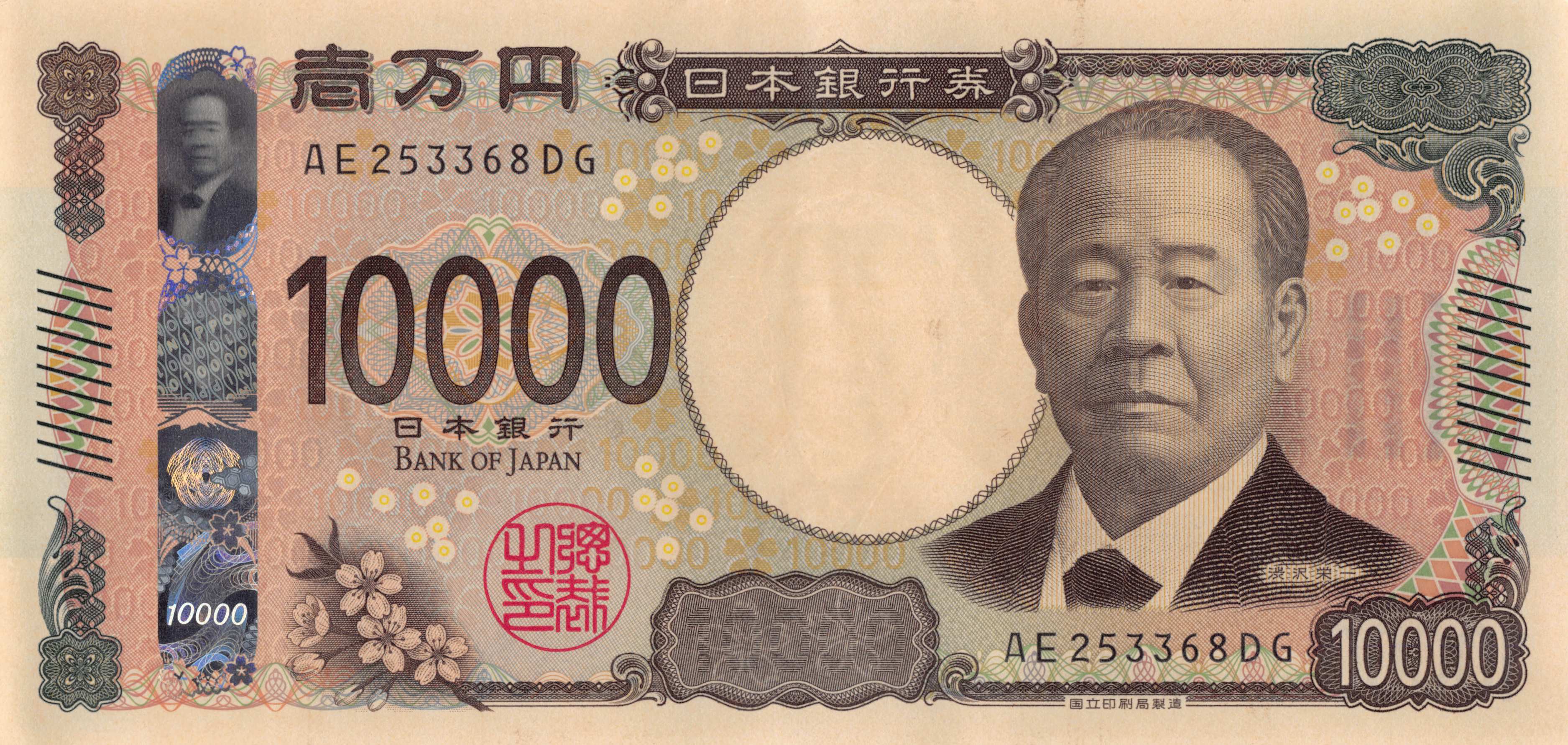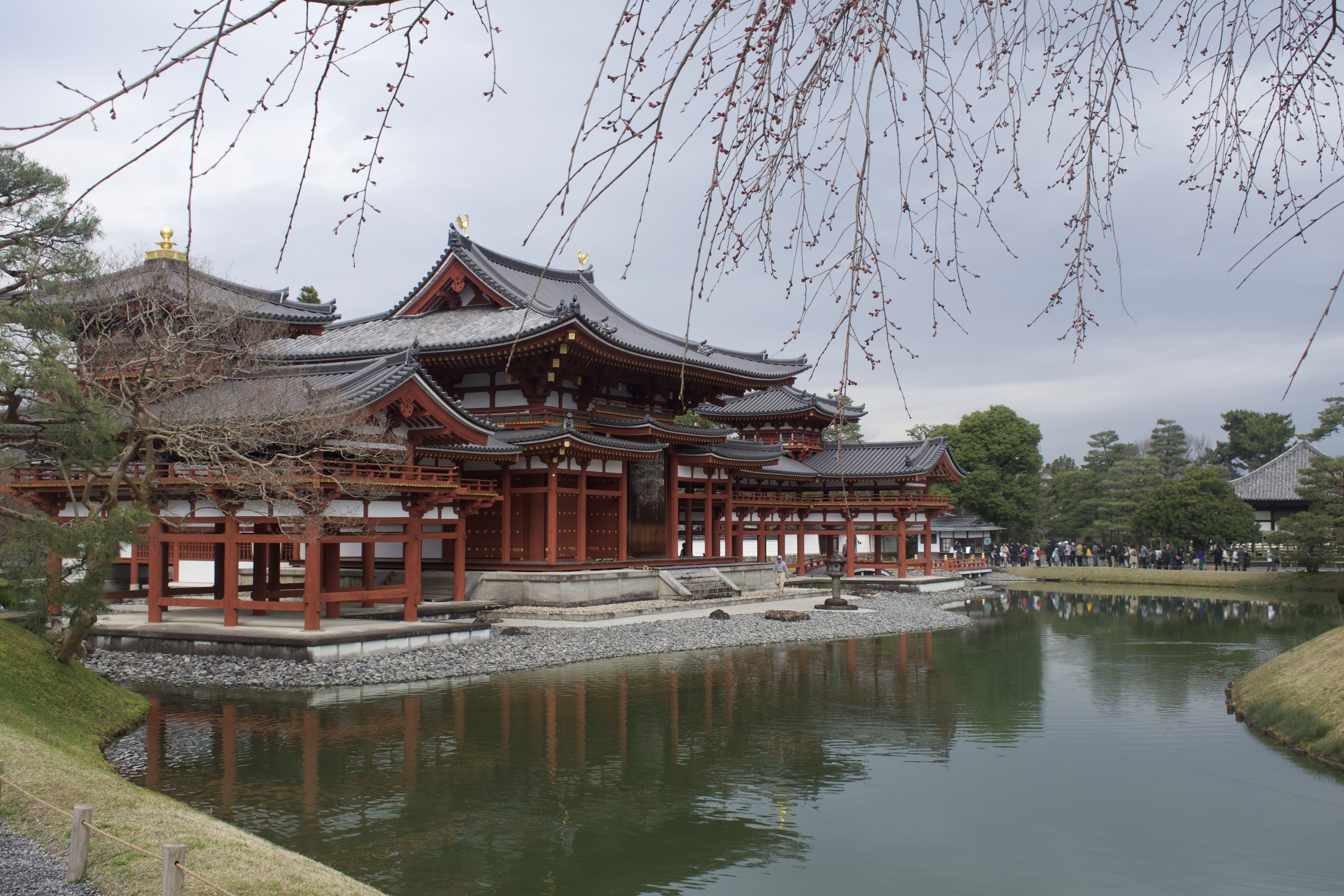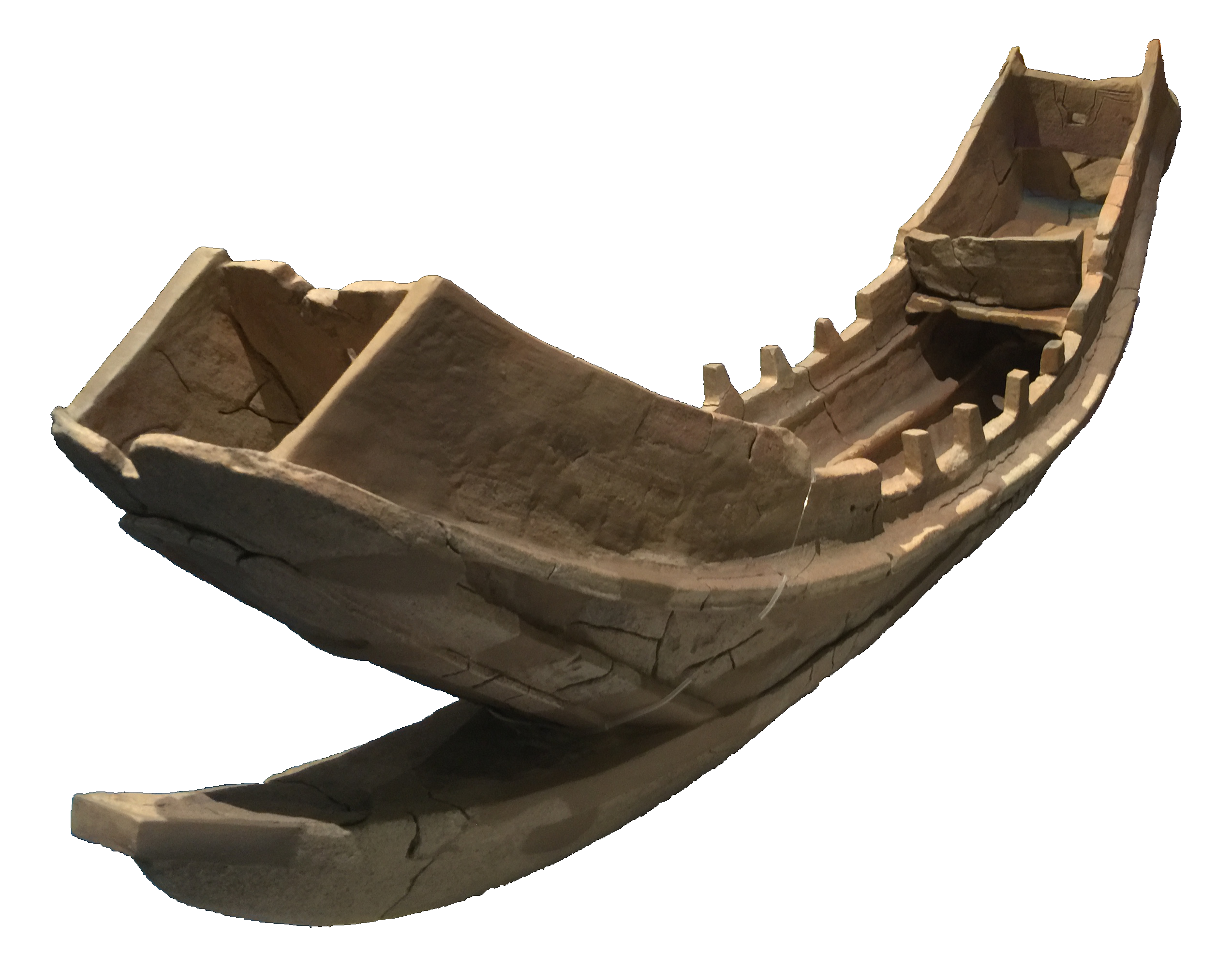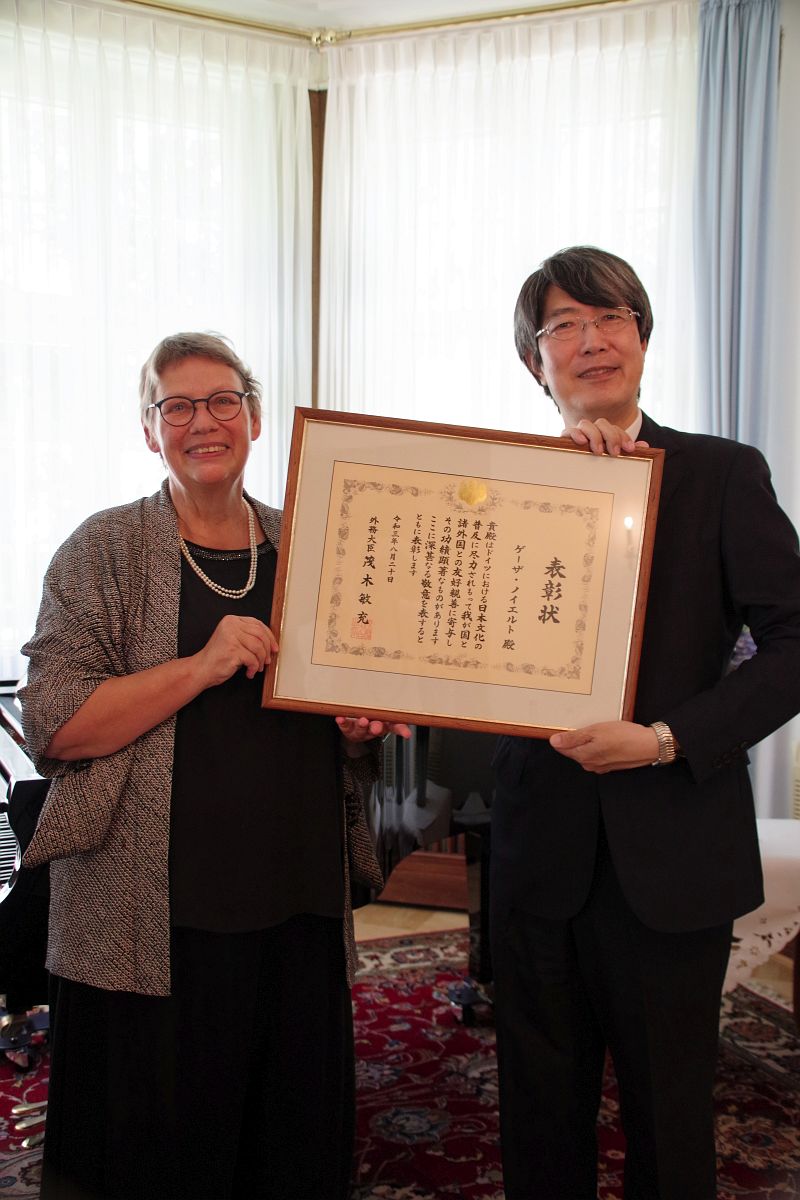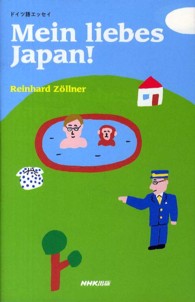When a European community has been overtaken by a disaster like the one about which we write, women become hysterical, men loose their nerves, many are mad with terror and one and all have lost their reason … The fact that Europeans are more nervous and excitable than Japanese — may be partly accounted for perhaps, by the fact that the latter nation has been cradled amongst Eartquakes and Volcanoes the manifestations of which rank amongst the greatest of nature’s terrors.
If from time to time England or any other European country were shaken by the same terrible forces which so often shake Japan, London and other cities were levelled, the English coasts were inunandated with sea-waves, the mountains flowed like water and everything which we now regard as permanent repeatedly demolished, we may ask the question whether such phenomena would or would not affect the national character?
(John Milne, W.K. Burton: The Great Earthquake of Japan 1891, o.J., Plate XIV)
Ja, es stimmt. Der Geologe Milne und der Mediziner Burton, beide Professoren an der Kaiserlichen Universität Tokyo, machten diese Beobachtung vor genau 120 Jahren — während des Nōbi-Erdbebens 濃尾地震, das Mitteljapan zwischen Nagoya und Gifu am 28.10.1891 erschütterte. Japan lernte viel aus diesem Ereignis; u.a. wurde der Aufbau der modernen Seismologie forciert. Die europäische Wahrnehmung derartiger Katastrophen hingegen ist offenbar auf dem Stand von damals zurückgeblieben.


